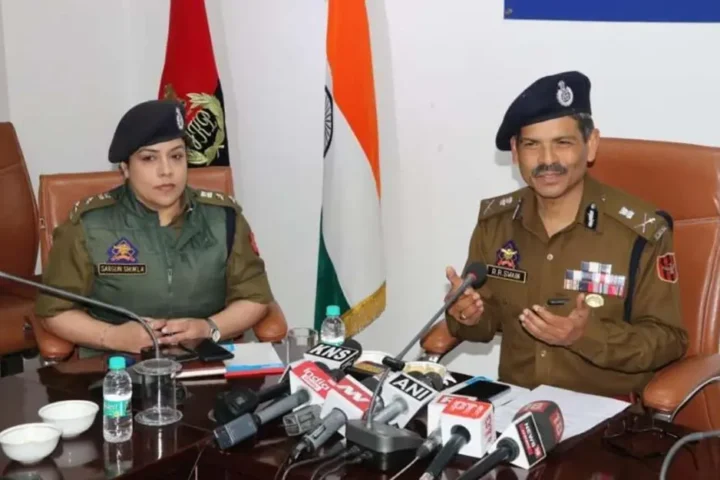The proposal to modernize and overhaul laws in response to technological advancements and societal changes is undoubtedly crucial. However, the recent introduction of the Bharatiya Nyaya Sanhita, Bharatiya Nagarik Suraksha Sanhita, and Bharatiya Sakshya Bill to replace existing legal codes prompts questions.
The Need for Hindi Names
One notable concern is the decision to use Hindi names for these new legal codes instead of well-established English acronyms like IPC and CrPC. This choice seems unnecessary since official translations exist in all Indian languages, rendering this change questionable.
De-Anglicisation or Cosmetic Change?
While this shift towards Hindi names may symbolize an attempt to de-anglicize legal terms, a preliminary examination reveals that much of the original legal content remains. This prompts us to question whether these changes are truly substantial enough to warrant the introduction of entirely new laws.
Scrutiny by Parliamentary Committee
A positive aspect is the intention to have these ‘Sanhitas’ scrutinized by a Parliamentary Standing Committee. However, the consultation process leading to their introduction appears to be insufficient given the significant impact these legal changes could have.
Substantive Changes and Omissions
Another notable point is the introduction of a new Section 195, which penalizes the creation of “false or misleading information jeopardizing the sovereignty, unity, and integrity or security of India.” However, it’s worth mentioning that ‘hate speech’ is notably omitted, despite ongoing discussions on its definition and punishment. Additionally, provisions for addressing ‘mob lynching’ and ‘organized crime’ are introduced.
Key Procedural Changes
These proposed changes also encompass key procedural adjustments. The new laws allow for trials of proclaimed offenders in absentia, which can streamline legal processes. The mandatory requirement for videography of seizures is a positive inclusion, promoting transparency. Furthermore, the provision for deemed sanction is introduced, ensuring that authorities are held accountable if they fail to grant sanction within 120 days. However, concerns are raised regarding the remand provisions, which may permit extended police custody beyond the existing 15-day limit.
Winding it up
In conclusion, the endeavor to update laws to align with modern realities is indeed commendable. However, the decision to introduce new names for existing legal codes may appear more symbolic than substantive. The proposed changes, including the addition of certain provisions and omissions, necessitate in-depth scrutiny and public consultation to ensure their effectiveness and fairness.







